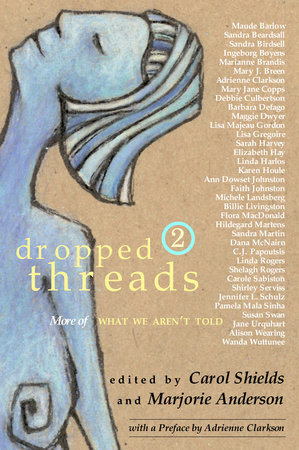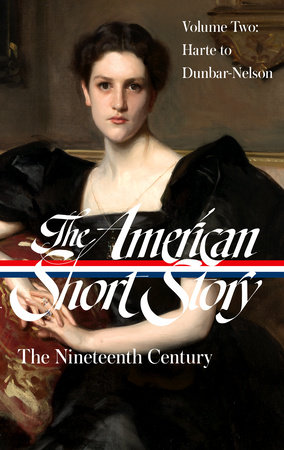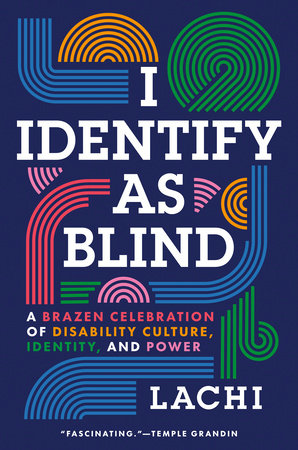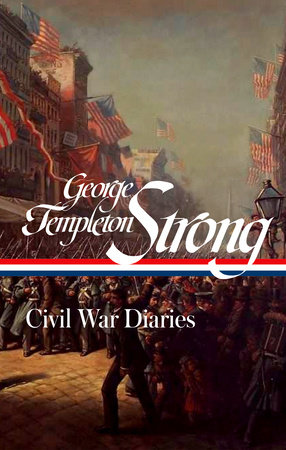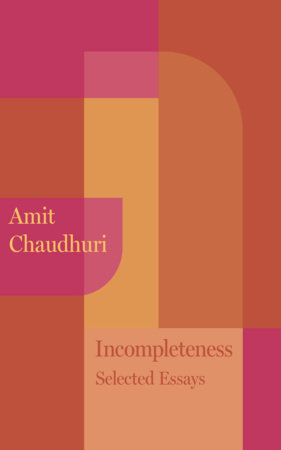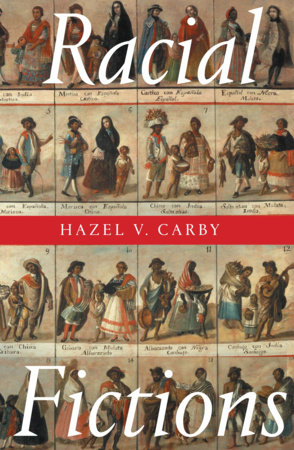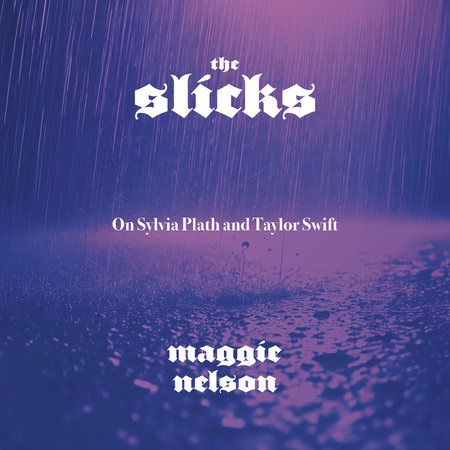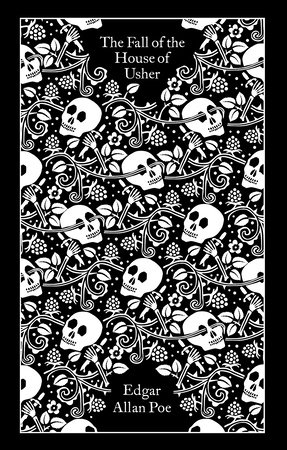The first Dropped Threads book has been a Canadian national bestseller for over 85 weeks now. What are some of your favourite stories regarding the public’s reaction to the book?
Overall, I have been delighted by the passion and depth of the reactions to this book. Both Carol and I have had women readers contact us with a whole variety of heartening responses including the declarations that the book had changed their lives — for the better, we assumed!
One of the most dramatic responses happened during the Winnipeg launch of the original anthology. The event was one of a sizzling energy from nine contributors, one editor (me) and over 300 book enthusiasts. After the readings and Q&A period, the contributors and I were signing books and happily conversing with the readers. One woman stood over us with tears streaming down her face and told us that she had never, until that evening, thought she even "had a right to have a story" let alone tell it and have others interested in reading it. She talked of being a caregiver to children and parents and not knowing how to focus on — or even be by — herself. Her experience that evening convinced her that she should buy a journal and start writing in it, even if no one else ever read it other than herself. I was moved to a new understanding of the power and importance of telling "our stories" to each other.
Over the past two years I’ve been invited to well over twenty book clubs to discuss Dropped Threads with groups of women who have read it. Most often the discussion includes their stating which stories stood out for them and then telling what "dropped threads" are missing in this volume and might, or should, have been included. The latter topic allows women to speak about the areas of surprise and silences in their own lives, and many do, revealing experiences that are every bit as fascinating as those in the book. One woman’s response during this type of discussion was "I didn’t like a single thing about that book!" The response at first caused me a zing of thankfulness that there was license in the room for the readers to express honest reactions. I asked what, in particular, had been missing for her. She replied with some force that the book hadn’t had one single story on ____, then named a topic that I can’t now remember but was obviously central to her life. The exchange provided a refreshing variety in response but also emphasized one fundamental impulse for the reading experience, which is to discover facets of ourselves. When a woman reader can’t identify with that which is presented as representative of her tribe, the sense of exclusion can be strong. I’ve kept that insight humming inside me ever since.
At what point did you realize that a sequel to Dropped Threads needed to be created?
Perhaps it was at gatherings such as the ones I’ve described above where I realized that the stories we had collected in the first book were just a few of thousands that were out there waiting — and needing — to be told. Also, the idea for a second anthology grew as more and more women either sent us their stories or asked if they could. At the launch in Edmonton, I had a discussion with an extremely pleasant woman the fact that there wasn’t a story about lesbian experience in our first book. Her story about the joys and challenges of being a lesbian and a mother is in Dropped Threads 2. She had reminded me of one of the gaps in the book and then had the creativity and experience that enabled her to fill in that blank space for us.
The Dropped Threads events in bookstores were huge successes, with contributors and fans gathering in intimate spaces to talk about the book. Can you tell us what those events were like?
There was electricity in the air at all of the Dropped Threads events, which reinforced the sense that the book had tapped into a powerful current of women’s need and creativity. I feel that the book didn’t so much create the passionate enthusiasm as provide a forum for its expression. Along with the serious side of these occasions, there was great fun. At the Winnipeg launch where over 300 hundred people were in attendance we all beamed and laughed and hugged like old friends at a reunion. The contributors and I have talked about that event frequently since then and have come to the conclusion that we were part of a "phenomenon" that we can’t quite explain. Contributors attending launches in other cities echoed our views and Carol had the same experience in Victoria. What started at the launches has continued in book club gatherings I have attended–there is an atmosphere of celebration. I don’t try to analyze the experience any more; I just join in and feel honoured.
Are there any major differences in theme between the first Dropped Threads book and the new sequel?
The theme of the new book is the same as the last: we asked women to write on areas of surprise and silence in their lives. There are, though, strong differences between the two anthologies. There are, of course, different contributors, but also a different emphasis. In the last book the emphasis was on common experiences; in this one there is more emphasis on the individualistic, on experiences of loss and trauma that many of us may never experience. However, while there is more pain in many of the stories in DT 2, the writers aren’t stuck there. They show how to get through pain to some form of acceptance and growth. Jane Urquhart’s piece, which starts off the book, is an example of this type of writing. Although her story is of loss, initially, it ends on a note of celebration. In the pre-publication review of the new book in the Quill and Quire, the reviewer stated that Jane’s piece was worth the price of the whole collection and I agree. Actually, there are a number of pieces for which that could be said.
Adrienne Clarkson wrote the Foreword to Dropped Threads 2. How did she come to be involved in the project?
In our discussion about whom we would invite to be contributors, Carol and I included Adrienne Clarkson as someone whose views would be valuable on the topic. Carol knows and admires her as a woman and both of us have tremendous respect for her as Governor General. We wrote to her and invited her to be part of the book and she agreed. She was most gracious in all our dealings with her and extremely prompt in reading the manuscript and crafting her Foreword. We especially appreciate that she wrote from the perspective of a woman and not from her official position. We also admire the honesty and candour of her views
And finally, how does it feel to be the co-editor of such a runaway national bestseller??
I feel amazed, pleased, and privileged — amazed that the book struck as much of a chord as it has; pleased to have collaborated with my friend Carol; and privileged to be part of a community of voices telling the stories that shape, sustain, and enlighten us as women. To me this type of storytelling is not just entertainment but also an essential act that carves out validity and forges connections for us in this world. Personal stories are pieces of ourselves that we hold out for others to touch with their minds and emotions. The Dropped Threads anthologies have provided safe places for that activity. So while I know we can use the term “bestseller” in relation to the first book — and I’m pleased about what that indicates regarding reader response — I think in terms of it being a vehicle for connections — and hope so much that the new one is experienced in the same way.
